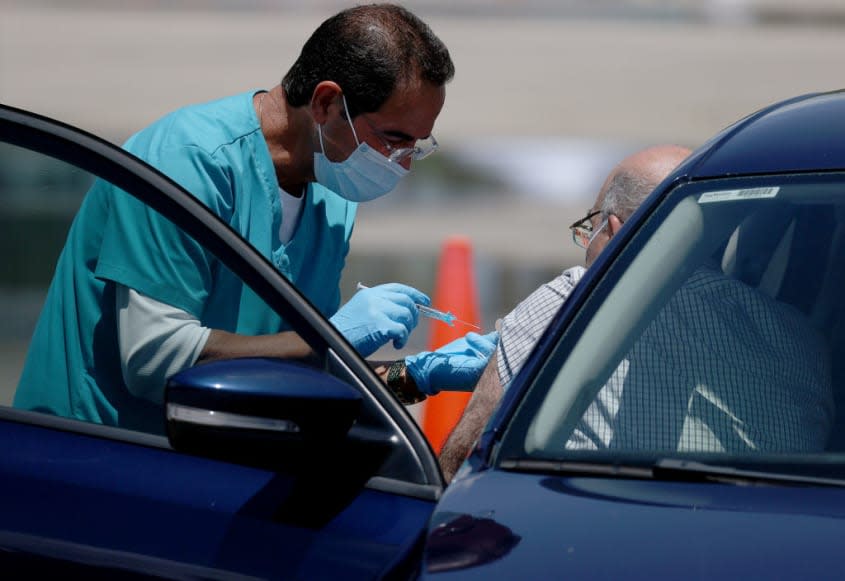How sociology shows 'policy makers have been looking at vaccine refusal all wrong'

"Sociology suggests that pundits and policy makers have been looking at vaccine refusal all wrong," Dartmouth College sociology professor Brooke Harrington writes for The Atlantic.
That's because they've been treating it as if it were "an individual problem" when it's really "a social one." Incentive strategies like Ohio's lottery program haven't cut it because they don't deal with "interpersonal dynamics," including behaviors that "convey status or lead to ostracism," Harrington writes.
In other words, the real issue at hand is that many vaccine resisters are holding out because they're seeking acceptance from their communities, whether that be their neighborhoods, churches, workplaces, or friendship networks. If people are enmeshed in communities where acceptance is reliant upon vaccine refusal, they'll be more likely to avoid getting their shot.
The good news, Harrington says, is that there's reason for optimism, given that some leaders in these communities, including Republican politicians and conservative commentators, are beginning to adopt new tones on vaccinations. "Only they have a chance of transforming vaccine refusers into vaccine adopters," Harrington writes. Read more at The Atlantic.
You may also like
Why Tom Brady's 'gentle' roast of Trump at Biden's White House was actually 'deeply vicious'
Israeli data suggest infected, vaccinated individuals have low chance of spreading COVID-19
CNN airs incredibly explicit and threatening voicemail D.C. officer received during Jan. 6 testimony

 Yahoo Finance
Yahoo Finance